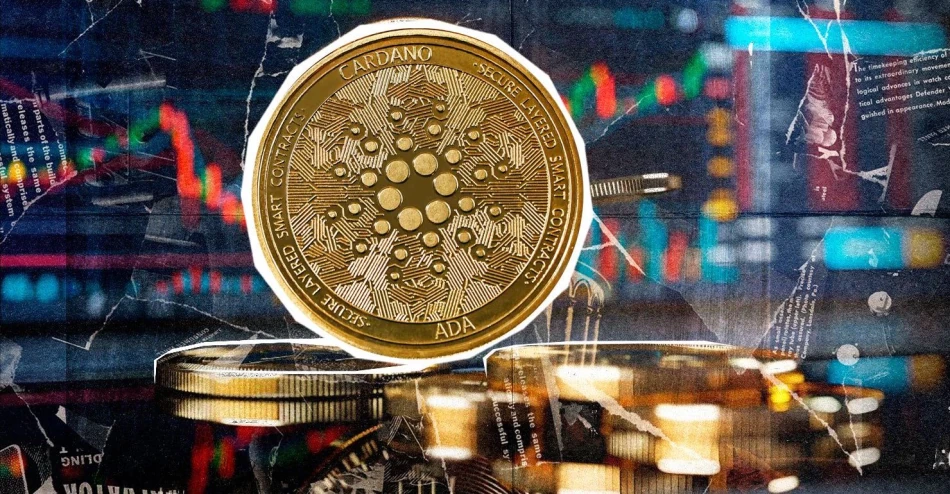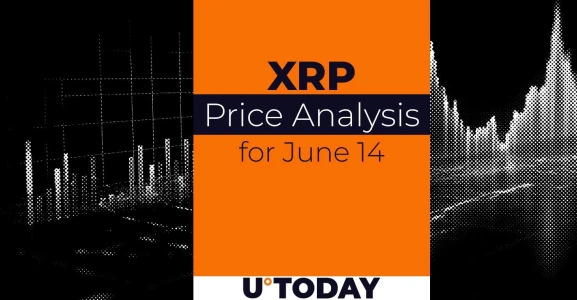
Cardano's ADA Surges by 270M in 7 Days - Exploring the Driving Forces Behind the Spike
Mind-blowing amount of ADA transferred over past week[...]
Cardano Whales Unload $170M in ADA as Crypto Market Tumbles
Whale Wallets Offload Massive ADA Holdings Amid Market Downturn
Recent on-chain data shows Cardano whales have sold over 270 million ADA tokens worth approximately $170 million within the past week. This significant sell-off by wallets holding between 1 million and 10 million ADA occurred alongside a sharp 14% price drop, with ADA falling from $0.7258 to $0.6231 between June 12 and 13.
The ADA sell-off mirrors the broader cryptocurrency market's decline, as Bitcoin also saw a 4.3% drop from its $108,325 price level. While ADA has shown a slight recovery to around $0.6421, the market remains volatile.
Profit-Taking or Bearish Sentiment?
This sudden whale activity raises questions about investor sentiment. The sell-off could represent profit-taking after ADA's 17.26% weekly surge from $0.6199 to $0.7268. However, the timing during broader market weakness suggests some whales may be anticipating further declines for Cardano and crypto markets in general.
Bullish Outlook for Cardano ETF Approval
Despite current volatility, positive developments emerge for Cardano investors. Bloomberg now estimates a 75% chance of Cardano spot ETF approval this year - a potential game-changer that could bring institutional investment and liquidity to ADA.
Bloomberg's analysis also suggests the SEC may classify ADA, along with Litecoin and Solana, as digital commodities rather than securities. This regulatory clarity could significantly benefit these assets' long-term prospects.
Navigating the Crypto Market Turbulence
The recent whale activity and market downturn highlight cryptocurrency's inherent volatility. While short-term price movements may concern investors, Cardano's potential ETF approval and favorable regulatory classification suggest promising long-term fundamentals. As always, investors should maintain perspective during market fluctuations.
Most Viewed News








